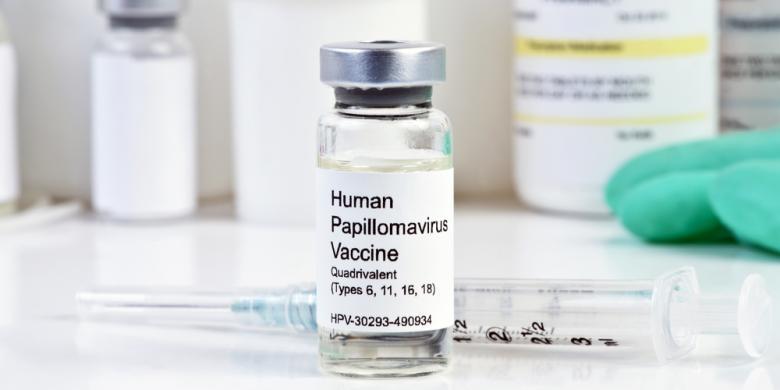Contents:
- Medical Video: Targeting the PI3K-Akt-mTOR Pathway
- The role of mTOR inhibitors in the treatment of breast cancer
Medical Video: Targeting the PI3K-Akt-mTOR Pathway
Mammalian target of rapamycin (mTOR) is a center for controlling cell growth, proliferation, metabolism, and angiogenesis. mTOR provides dysregulation signals for various diseases and drug development regarding mTOR. mTOR is a protein kinase that functions to regulate growth factors, stimulate cell growth, and angiogenesis. This activity will then be inhibited by mTOR inhibitors in certain cancers so that mTOR can be more active.
MTOR inhibitors are used in the treatment of certain types of cancer such as breast cancer. This treatment is also being studied so that it can be used in the treatment of other types of cancer. The benefits of this mTor inhibitor will be seen when combined with chemotherapy.
The role of mTOR inhibitors in the treatment of breast cancer
Most patients who initially respond to endocrine therapy will progress at the level of advanced breast cancer. Everolimus has been commonly used in the treatment of HER2-negative breast cancer and HR-positive. This treatment will be combined with an exemestane aromatase (AI) inhibitor for women who are already menopausal and have already taken treatment beforehand.
Phosphatidylinositol 3-kinase, PI3K or mTOR is a common dysregulation in breast cancer. In preclinical studies, hyperactivation PI3K has a connection with endocrine and trastuzumab (Herceptin) therapy resistance. Rapalogs function to inhibit mTOR-raptor complexes1 and are studied in their combinations used in endocrine therapy.
This combination serves to overcome endocrine resistance. The combination of endocrine therapy and rapalogs performed on positive metastatic hormone receptor breast cancer showed variable results. Both of these experiments show a combination of everolimus (Afinitor) and tamoxifen or a combination of everolimus and exemestane (Aromasin) that are more effective than endocrine alone. The combination is widely used by patients who have cancer refractory in endocrine therapy. One reason is tumor sensitivity in inhibiting this pathway. Breast-positive receptor 2 (HER2) growth factor, combination PI3K / mTOR inhibitor and anti-HER2 therapy can promote epidermal growth in humans. Efforts to identify clinical biomarkers of response or resistance to mTOR inhibitors are still ongoing and the preclinical and clinical research being undertaken is a study on mTOR or dual PI3K / mTOR inhibitors.












